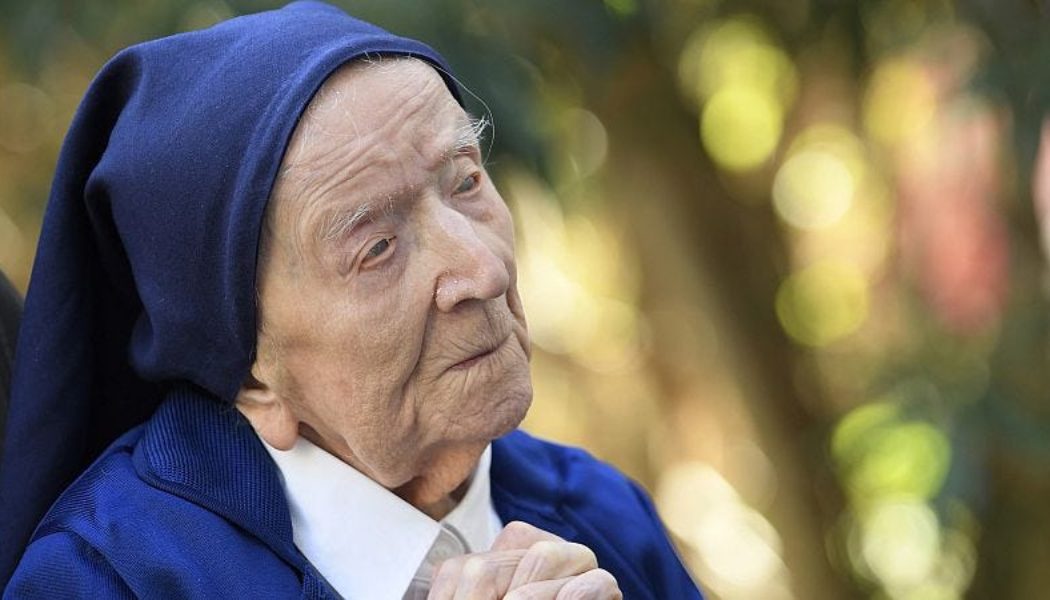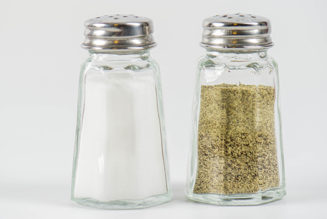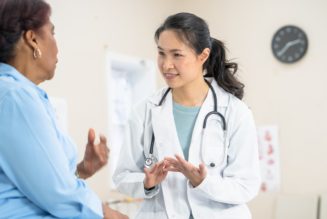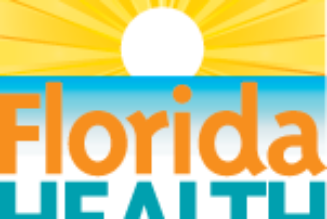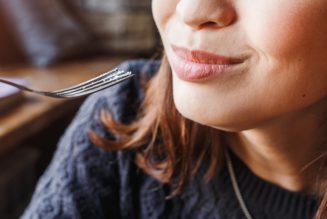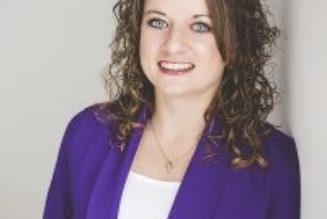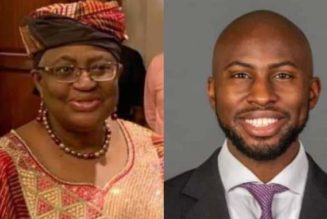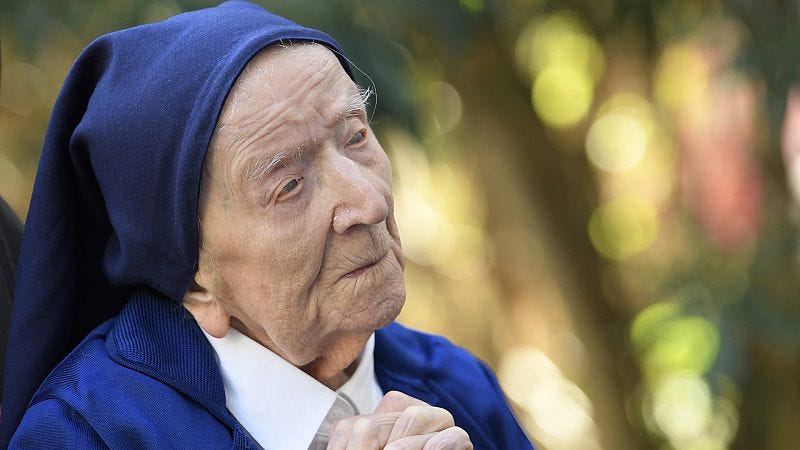
World’s oldest person Sister Andre dies aged 118
Sister Andre died at the age of 118 at her retirement home in France. The world’s oldest person is now María Branyas Morera, who is 115 years old.
Euronews News, Euronews News
Humans have searched for ways to live longer, healthier lives pretty much since there have been humans. In recent decades, scientists have joined the effort.
In animals, studies suggest that slowing aging affects multiple age-related diseases. A single gene change can both keep a mouse healthy for longer and extend its lifespan.
People are obviously more complicated, but human data is similarly suggestive. People who live to see their 100th birthday also get typical diseases of aging – heart disease, cancer, dementia – decades later than their shorter-lived peers. They don’t suffer as long and they cost the health care system far less.
Scientists who study the biology of aging hope to make more people like those centenarians.
These scientists are dismissive of medical clinics that promise major life extension.
“There is a whole spectrum – what we call the crazies,” said Dr. Eric Verdin, who runs the Buck Institute for Research on Aging in Novato, California. People who promise to “cure death” are selling something, he said. “We’re not going to cure death. I don’t even know if it’s desirable.”
Scientists seriously interested in the biology of aging focus instead on extending what they call “healthspan,” the period of life when people live without disability.
“There are things almost anybody could do right now to start to put themselves on a better healthspan trajectory,” said Matt Kaeberlein, a biogerontologist at the University of Washington and chief science officer of Optispan, a company in the field.
A handful of researchers interviewed by USA TODAY agree on a few basics ‒ the same advice you might have gotten from your great-grandmother. Get adequate sleep, exercise and social interaction. Limit stress. Eat a healthy diet and avoid obesity. Don’t smoke or drink too much. Drive carefully.
Biology-of-aging researchers typically have a favorite medication or approach they think will extend healthspan, though they all admit there’s no hard evidence in people yet to support any of them.
Even the most promising ones are “in the box of ‘maybe,’” Kaeberlein said.
Tough testing
About a dozen already approved drugs ‒ including rapamycin, used to prevent organ rejection in transplantation, and the diabetes drug metformin ‒ might be repurposed to help expand healthy lifespan, said Dr. Nir Barzilai, the founding director of the Institute for Aging Research at the Albert Einstein College of Medicine in New York.
But funding clinical trials and proving to the Food and Drug Administration they are safe and effective will be difficult, said Barzilai, who has been trying to finance a metformin trial for years.
Testing drugs for their longevity benefits in humans is challenging if not impossible. A definitive study would require thousands of people to take either the drug or a placebo for decades. No one is willing to wait that long for an answer.
Many people aren’t waiting at all. The transplant drug rapamycin already is a favorite of the biohacker community – people trying drugs (often more than one) on themselves, hoping to extend their lives.
Although biohackers do this against the advice of their doctors, these self-experimenters may provide useful data for science, if they allow their doctors to track their blood, urine and experiences closely enough, said Dr. James Kirkland, a geriatrician and former director of the Robert and Arlene Kogod Center on Aging at the Mayo Clinic in Minnesota.
Rapamycin, which seems to slow cellular aging, also is at the leading edge of a generation of research trials. Scientists hope to first prove a drug is effective against one age-related condition, and then expand to more.
In one of the first such trials, researchers at Columbia University are currently recruiting female volunteers to see if rapamycin can help delay the start of menopause.
Around age 50, ovaries begin to go through a measurable aging process, said Dr. Zev Williams, chief of the division of Reproductive Endocrinology and Infertility at Columbia’s Irving Medical Center. Risk for heart disease and other health problems increase after menopause, he said, and early removal of ovaries can shorten lifespan.
A total of 50 women will be included in the study, with half getting low-dose rapamycin and half a placebo once a week for three months. They will be followed for nine more months.
Kaeberlein worries this first generation of trials won’t be big enough to show effectiveness, and Kirkland is afraid one or two failures will derail the entire field. But Williams remains hopeful.
“It’s going to be exciting to see if rapamycin has the effect that a lot of the earlier studies suggest it would,” he said. “We need the studies to find out, but if this is true, to have the ability to use a relatively low-cost pill to actually improve healthspan and lifespan would be really extraordinary.”
The cost of extending healthspan
Every intervention will have side effects.
Even improving cell function, which sounds like a good thing, could be dangerous in someone who has cancer, Kirkland said. “You don’t want to give selective advantage to cancer cells.”
That’s why he and other serious scientists insist careful clinical trials must happen before these drugs or any others are given to healthy people.
In lab animals, there’s always a tradeoff for life extension. Typically, longer life comes at the expense of reproduction. Animals on a restricted-calorie diet often live longer, but have fewer offspring.
Humans typically live for decades after they’re done reproducing though, so an intervention started in later middle-age might extend life without any major side effects, Kaeberlein said.
But in considering the risks of life extension, people shouldn’t forget the potential benefits.
“Delaying the onset of Alzheimer’s, most cancer, kidney disease, heart disease, loss of muscle mass, the ability to do what you want. The benefit is pretty darn big,” Kaeberlein said.
Healthy lifestyle really matters
For the moment, living a healthy lifestyle really is the best life-extender science has to offer.
“Eating hamburgers and French fries every single day has never been shown to improve healthspan,” said Cristal Hill, an assistant professor of gerontology at the University of Southern California, who studies how aging, metabolism and nutrition impact health and longevity.
Everyone’s different, of course, and people will have different needs at different stages of life. A professional football player needs a lot more protein than the average person. But after retirement, if that player eats the same amount of protein while exercising far less, it will lead to unhealthy fat, she said.
A number of geroscience researchers are strong supporters of “intermittent fasting,” the idea that not eating for extended periods of time will mimic the benefits of caloric restriction and extend life.
No one has done the kind of yearslong research to prove it will work, but Barzilai, among others, is a devoted faster. He practices what’s referred to as 16/8, meaning he eats all his food for the day within 8 hours and nothing the other 16 hours.
“Fasting is a very important way of upregulating your ability for longevity and for health,” Barzilai said.
Such timed eating helps with weight loss (men lose more weight on intermittent fasting than women, he said), improves exercise capacity, cognitive ability and boosts energy. “It’s a good way to delay aging,” Barzilai said.
Not everyone is convinced. “I’m on Team Breakfast,” said Charles Brenner, chair of the Department of Diabetes & Cancer Metabolism at the Beckman Research Institute of City of Hope, in Duarte, California.
Brenner is a skeptic of many of the claims around lifespan extension, arguing that animal lifespans have genetically encoded upper limits. Brenner’s group discovered the vitamin activity of nicotinamide riboside, which is being tested in multiple diseases and conditions. He says supports the idea that it can lead to healthier, more resilient aging. (He serves as chief scientific adviser of company that sells it.)
He’s also a strong proponent of healthy lifestyle choices, including adequate sleep, physical and mental activity and social engagement.
“If we don’t degrade our trajectory with unhealthy lifestyles, exposure to infectious agents and violence, more of us will live healthier lives longer,” Brenner said.
He and others raised questions about the “biological clocks” some scientists say can accurately judge someone’s biological age – distinct from their chronological one. It’s clear to anyone who ever attended a high school reunion some people age better than others, but these clocks put a precise number on that and these numbers are neither reproducible nor can they be used to guide changes in lifestyle or medication, according to Brenner. Instead, he emphasizes evaluating functions like how a person feels after climbing stairs.
When Hill was about to turn 40, a biological clock told her she measured just 32. “I liked that,” she said. “But some days, if I don’t get the right amount of sleep, I feel 50.”
Still the younger age was encouraging. “That motivates me to get out of bed at 6:30 and walk for 30 to 40 minutes,” she said. “When you’re motivated by doing whatever it is that promotes a healthy lifestyle, you keep doing it.”
Fountain of youth?
So, how close are these scientists to finding Ponce de Leon’s long-sought Fountain of Youth?
Kirkland remains optimistic, in some ways.
With as many as 50 clinical trials underway around the world, he thinks it won’t take too long to figure out whether existing drugs can be repurposed to reduce the severity of some of the worst diseases of aging, such as advanced Alzheimer’s and some cancers.
“Hopefully, if enough resources get put into this, we’ll know one way or the other in a few years for the truly horrible things,” Kirkland said. “When it comes to prevention for healthy 40-year-olds, you’re talking about a long march before we get there.”
Contact Karen Weintraub at kweintraub@usatoday.com.
Health and patient safety coverage at USA TODAY is made possible in part by a grant from the Masimo Foundation for Ethics, Innovation and Competition in Healthcare. The Masimo Foundation does not provide editorial input.
